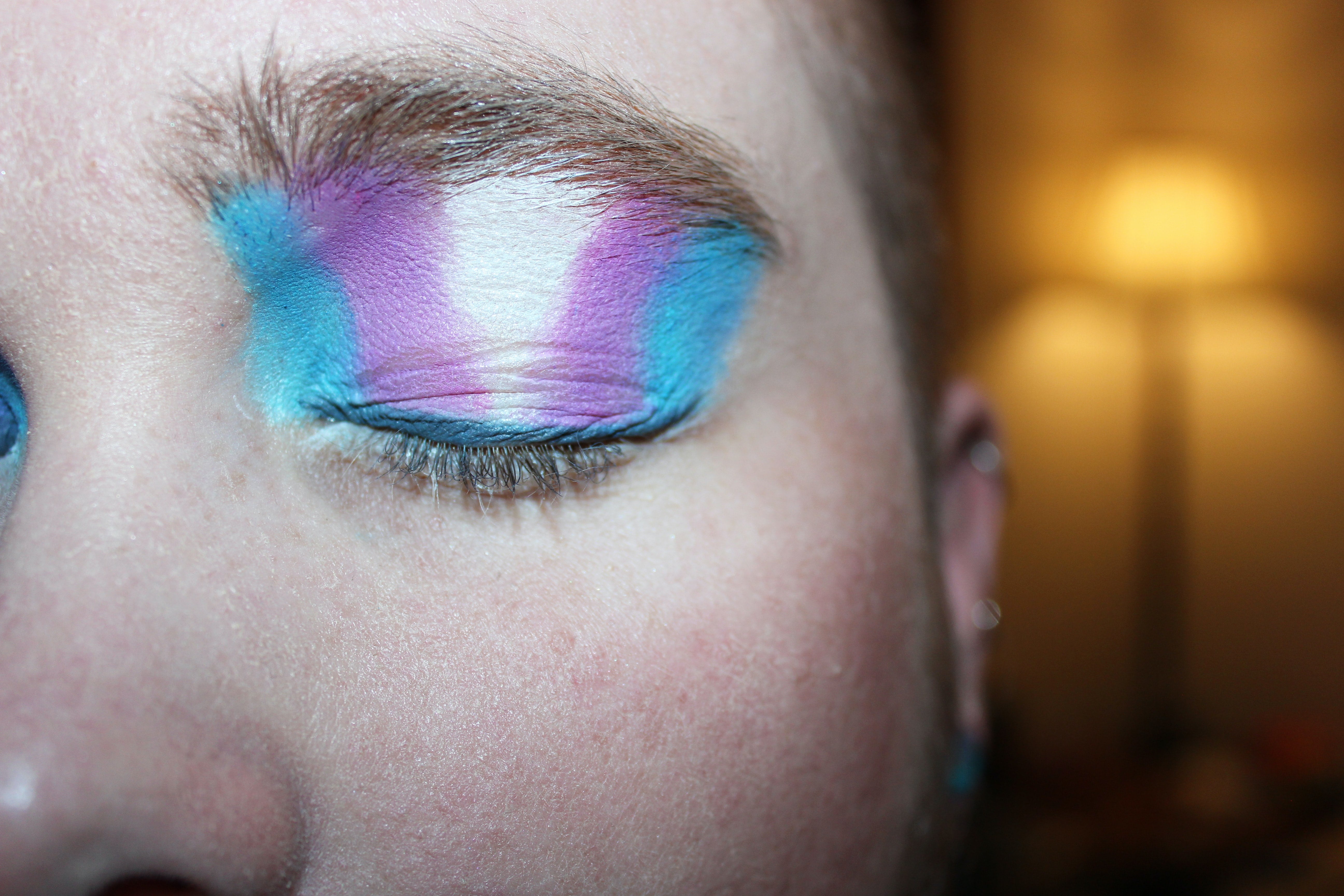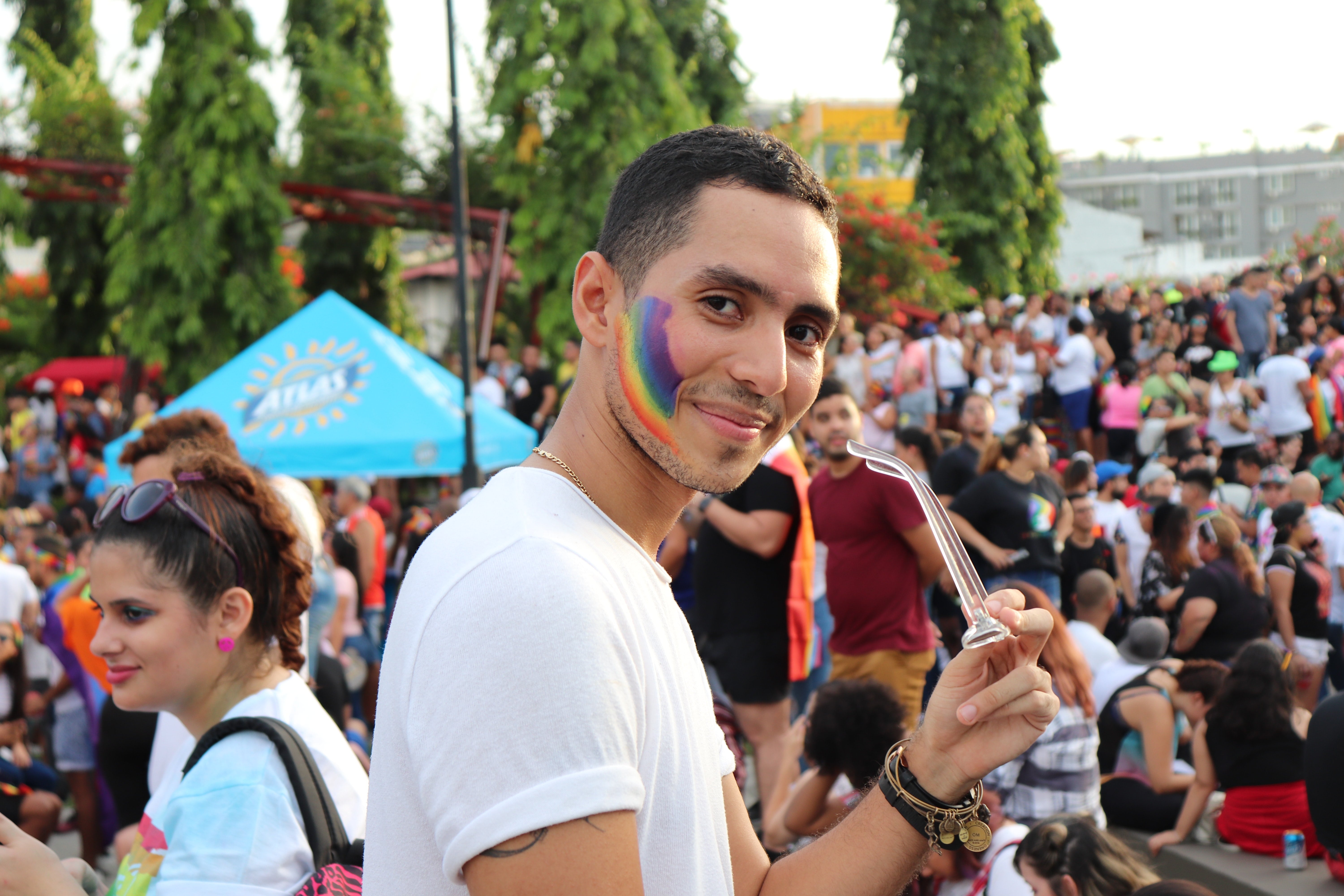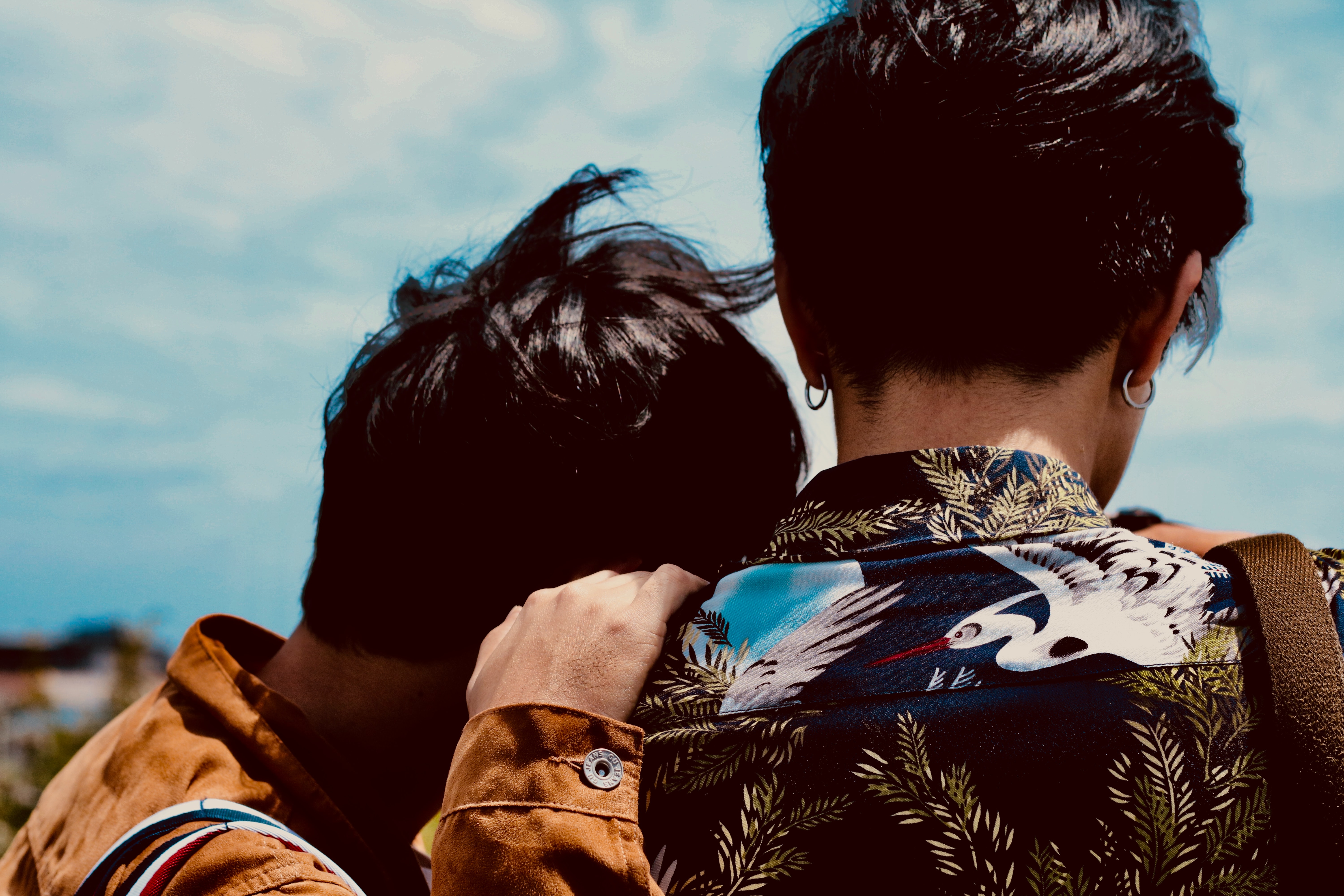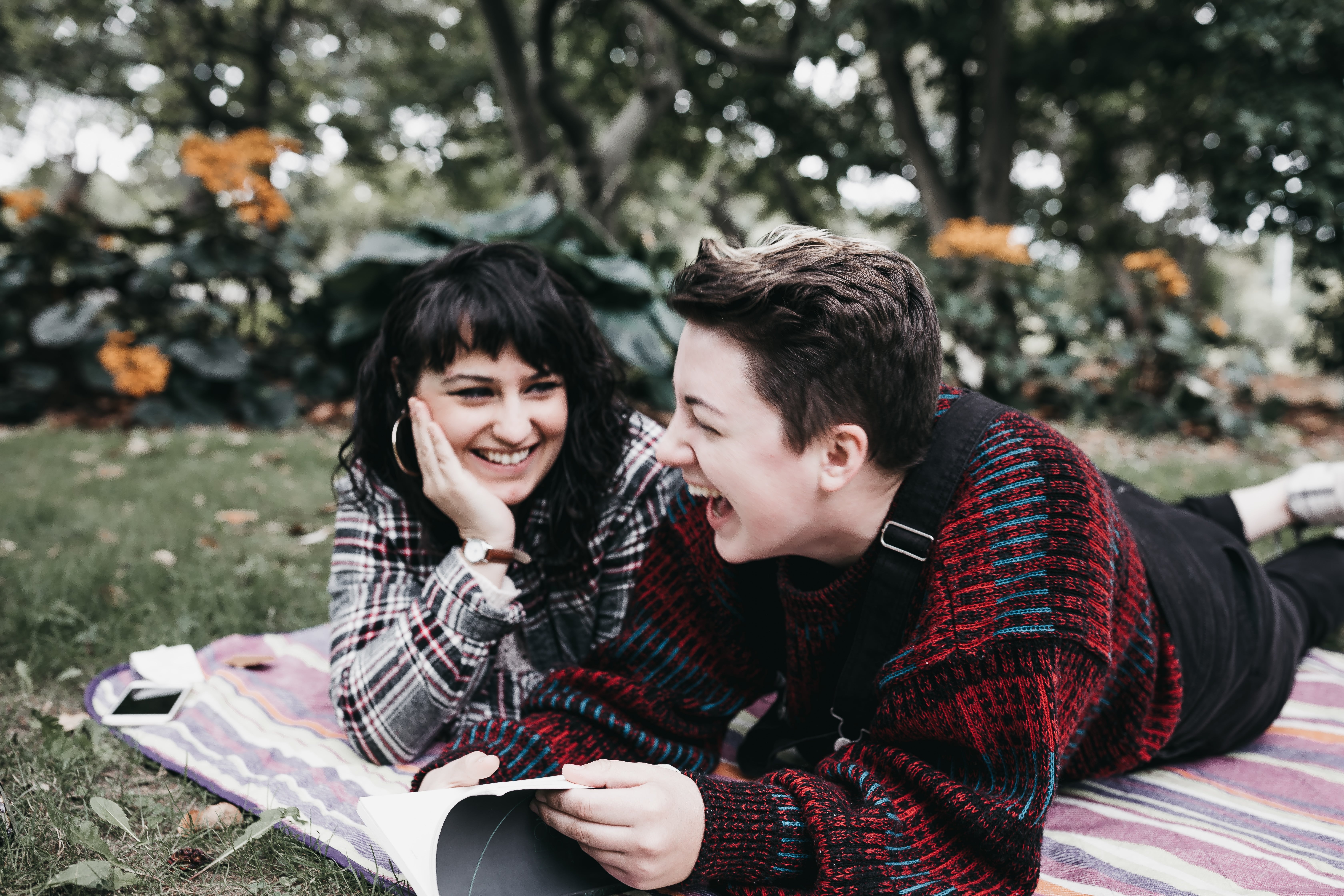The hardest conversation I have ever had about my sexual orientation was in a car full of my team mates on the way back from practice. I had decided weeks before that it was time I became more publicly comfortable with my sexuality. No longer could I be afraid of what people would say, how differently people would treat me, or more specifically - how my friendships with other guys would change.
It was as if what I had said required no bravery, or was not in the least bit surprising to him
So I am on this bi-weekly journey home excuse the pun , when my friend James somehow manages to arrive at the topic of sexuality. He turned around to the passengers in the backseat, and asked in a self-consciously naive voice 'bisexuality is when you like kissing boys, but you only like sex with girls right?'. I took a deep breath, knowing this was probably the opportunity I had been searching for for weeks, and described bisexuality to the best of my ability, finishing with the line 'I should know, being bisexual myself'. James without any hesitation, as if what I had said required no bravery, or was not in the least bit surprising to him, continued to ask questions in a very conversational manner. I felt the other boys in the back probably didn't manage to muster their decorum as quickly as James did, but they joined in the conversation relatively soon after. Despite all the unspoken surprise and confusion that my mates experienced in that car, they did their absolute best to make me feel that it wasn't going to affect the way they treated me. The following weeks were not always as smooth, and nastiness arose amongst a few individuals.
This was not only false, but an absolute humiliation
The only real homophobia I can truly say I have faced is actually amongst other homosexuals in my sports club. Once when heading to the toilet with my friends when out clubbing, I told my friend I couldn't pee because there were too many people around me. One of the other gay guys in the club overheard me, and announced to the entire room that I couldn't pee because I had an erection. This was not only false, but an absolute humiliation, and whilst none of the boys in that room had ever made me feel uncomfortable about my sexuality, or indicated any discomfort on their behalves, I still felt at the time a sense of vulnerability. I felt self-conscious about doing anything to compromise myself, or making any of the other boys feel as if my sexuality could hinder the closeness of our friendship. Yet again my team mates surprised me, and another friend just announced 'I cant pee either. Harry, does that make me gay?'.
I am aware I have painted a rosy picture of my straight team mates always knowing what to say, and being completely socially capable of dealing with my sexuality. This is generally true, but there are certain areas of my friendships that I still need to work on. Over the past two years, I have had various experiences with guys in the club who have wanted to 'experiment' their sexuality with me. The first time this happened I thought it was an exciting prospect, but after he had confirmed his heterosexuality, I was left feeling used and unfulfilled. These experiences aren't good for your self-esteem and I would urge other LGBT individuals to avoid them.
Talking to many of my guy-friends about my romantic relationships with other guys is also still difficult. They always listen, but they are rarely able to respond or ask questions as they seem to be afraid of the details. Maybe it is because they are still not entirely comfortable with the thought of two men together, or maybe they just have trouble relating to those kinds of feelings. Either way it poses a difficulty, and often I feel it prevents me from being able to fully join in those sorts of conversations.
I know not all sports clubs would be as accepting as mine has been. There is also a huge difficulty for a homosexual or bisexual man in a sports club because of the prevalence of homoerotic conventions, such as "crossing swords" ie urinating in close proximity to each other . This form of bonding and camaraderie makes it almost impossible for a gay individual to come out, as their presence would inevitably mean a huge change in treatment.
Gareth Thomas and Tom Daley, who have come out in the midst of their sporting careers, act as figureheads for the gay rights movement.
Coming out as bisexual to a club of sportsmen was never going to be easy, whichever the club. Having to make something different about yourself a public statement for all to be aware of is an uncomfortable task. I would argue though that now is a better time to come out in sports than ever before. Such sportsmen as Gareth Thomas and Tom Daley, who have come out in the midst of their sporting careers, act as figureheads for the gay rights movement. They stand as role models for sporting gay people everywhere. However, this is a heavy burden to carry. This is why I so appreciated my teammates responding so nonchalantly to my coming out. They did not make me a figurehead. I bear very little extra responsibility in my club due to my sexuality; an openly gay first year could join the club and no one would even consider asking me to be in charge of initiating him into the club as they know as well as I do having a sexuality in common is going to mean a lot less than having a set of interests in common.
Homosexuality should not be a big deal, and adjusting your club's attitude towards being more inclusive can only be a benefit for everyone. The time has come in the sporting world to shake off the suppressive conventions that exclude homosexuals. I am so pleased to say that I am experiencing this opportunity first hand, and I am judged not on my sexual preference, but rather on my sporting ability.






